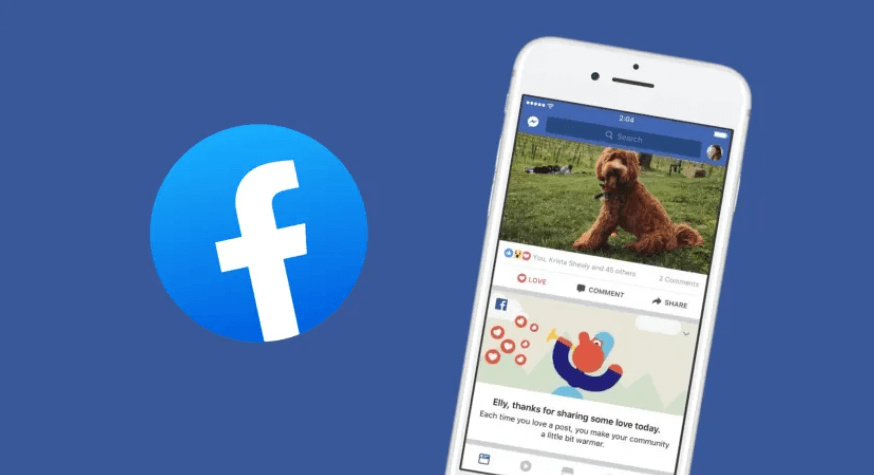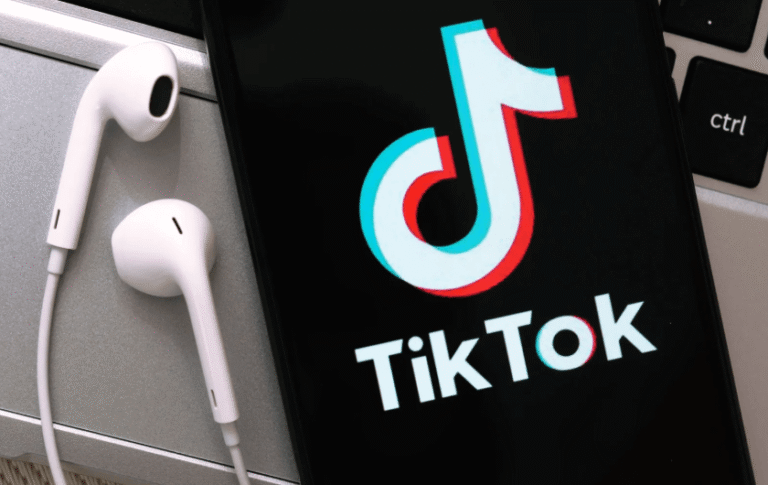The Evolution of Facebook: From College Network to Global Giant

Facebook, now known as Meta Platforms, Inc., is a company that has significantly reshaped the way people connect, communicate, and share content worldwide. What started as a college networking platform has grown into one of the most influential global giants, shaping not only the social media landscape but also industries like advertising, virtual reality, and even artificial intelligence. In this article, we will trace the fascinating journey of Facebook, from its humble beginnings in a Harvard dorm room to its current status as a multi-billion-dollar tech conglomerate.
1. The Humble Beginnings: Facebook’s Origin Story
In 2004, Mark Zuckerberg, a Harvard University sophomore, launched a website called “Thefacebook” (with the “the” initially included). The platform was originally designed to connect Harvard students, offering them a digital yearbook to share photos, personal details, and communicate with each other. It wasn’t long before Zuckerberg’s innovative idea expanded to other Ivy League schools and eventually to universities across the United States.
The early days of Facebook were marked by its exclusivity. To join, users had to have a valid .edu email address, which created an air of prestige around the platform. By the end of 2004, Facebook had already gained 1 million users, signaling the platform’s potential.
2. Rapid Expansion and the Move Beyond Universities
By 2005, Facebook began opening its doors to high school students, broadening its appeal. It also underwent significant changes during this period, most notably dropping the “the” from its name, making it simply “Facebook.”
The platform’s growth accelerated, and in 2006, Facebook opened registration to anyone over the age of 13 with a valid email address, allowing it to reach a global audience. This shift turned Facebook from a niche social network for students into a platform that could accommodate virtually anyone. By 2008, Facebook overtook MySpace in popularity in the United States, marking its transition into a global phenomenon.
3. The Mobile Revolution: Shaping the Future of Facebook
One of the most pivotal moments in Facebook’s evolution came with the rise of smartphones. With more people accessing the internet via mobile devices, Facebook adapted by launching a mobile app in 2007. The app’s success was immediate, and Facebook’s mobile-first strategy began to take shape.
By 2012, mobile users accounted for a significant portion of Facebook’s user base, and the company began to focus its efforts on developing a seamless mobile experience. In 2013, Facebook made a major acquisition of Instagram, a photo-sharing app, marking its expansion into new forms of media and further solidifying its dominance in the mobile space.
4. Facebook’s Expansion into Advertising
As Facebook’s user base grew, so did its potential for monetization. In 2007, Facebook launched its first advertising program, allowing businesses to create targeted ads based on user data. This marked the beginning of Facebook’s highly profitable advertising model.
Facebook’s ability to provide businesses with precise targeting, based on user behavior, interests, and demographics, revolutionized digital advertising. By 2016, Facebook’s advertising revenue had surpassed $26 billion, making it one of the most profitable platforms in the digital space.
5. Facebook Acquires Instagram and WhatsApp
In a bid to maintain its market dominance and expand into new areas, Facebook made several key acquisitions. In 2012, Facebook purchased Instagram for $1 billion, tapping into the growing popularity of photo and video sharing. Instagram was a hit with younger audiences, and its acquisition allowed Facebook to strengthen its foothold in the social media landscape.
The company followed this up with the 2014 acquisition of WhatsApp, a popular messaging platform with a large international user base. This move cemented Facebook’s position as a global leader in social media, with a diverse range of platforms catering to different types of online communication.
6. The Rise of Video Content and Facebook Live
In the early 2010s, Facebook began emphasizing video content. In 2013, it introduced the ability to share video posts, and by 2016, it launched Facebook Live, allowing users to broadcast live video to their networks. This move reflected a broader trend in social media where video content, especially live video, became a key tool for engagement.
Facebook Live also opened the door for influencers, businesses, and even governments to interact with their audiences in real-time. This helped further distinguish Facebook from competitors like Twitter and Snapchat, which also focused on real-time interactions but didn’t offer the same breadth of engagement options.
7. Controversies and Challenges
As Facebook grew, so did its challenges. Over the years, the platform has faced various controversies related to privacy, fake news, political influence, and the spread of harmful content. One of the most significant scandals came in 2018 when it was revealed that the political consulting firm Cambridge Analytica had gained access to the personal data of millions of Facebook users without their consent.
This data breach led to widespread criticism and a renewed focus on the ethical implications of social media platforms. It also resulted in regulatory scrutiny, including hearings in the United States Congress and the European Union. Despite these challenges, Facebook continued to dominate the social media landscape, largely due to its ability to adapt and innovate.
8. Transition to Meta: The Rebranding and the Vision for the Metaverse
In October 2021, Facebook underwent a major rebranding, changing its corporate name to Meta Platforms, Inc. The shift in name reflected Zuckerberg’s broader vision for the future, one that extended beyond social media. Meta’s focus shifted toward building the “metaverse,” a virtual world where people can interact, socialize, and work in digital spaces using virtual and augmented reality.
This bold new direction marked a pivotal moment in Facebook’s evolution, signaling its ambition to remain a leader in the tech industry for years to come. While still maintaining its core social media platforms (including Facebook, Instagram, and WhatsApp), Meta began to invest heavily in virtual reality through its Oculus division and other metaverse-related projects.
9. Facebook’s Role in Politics and Social Movements
Throughout its history, Facebook has played a significant role in shaping political discourse and social movements. The platform has been instrumental in organizing protests, rallies, and awareness campaigns across the world. Facebook has also been a central platform for political discourse, with politicians using the platform to connect with voters and share their messages.
However, Facebook’s role in politics has been a source of controversy. Its algorithms, designed to maximize user engagement, have been criticized for amplifying extremist views, misinformation, and conspiracy theories. The platform’s involvement in the 2016 U.S. Presidential Election and the spread of fake news has been heavily scrutinized, raising questions about the influence of social media on democracy.
10. The Future of Facebook: What Lies Ahead?
Looking forward, Facebook, or rather Meta, is at a crossroads. The company has made substantial investments in the metaverse and virtual reality, signaling its commitment to shaping the future of the internet. However, it faces significant competition from emerging technologies like TikTok and other social media platforms.
Meta’s success will depend on its ability to adapt to new trends, including privacy concerns, user demands for more authentic content, and regulatory changes. Furthermore, with the rise of decentralized technologies like blockchain, Facebook’s dominance is no longer guaranteed. The next few years will likely determine whether Meta can maintain its status as a dominant force in tech or if newer platforms will take the lead.
FAQs
1. When was Facebook launched?
Facebook was launched on February 4, 2004, by Mark Zuckerberg and his college roommates at Harvard University.
2. Why did Facebook change its name to Meta?
In 2021, Facebook changed its corporate name to Meta to reflect its shift toward building the metaverse, a virtual reality space for online interaction.
3. How many people use Facebook today?
As of 2025, Facebook has over 2.9 billion active users worldwide, making it one of the largest social media platforms globally.
4. How has Facebook impacted advertising?
Facebook revolutionized digital advertising by allowing businesses to target users with precise ads based on their interests, behaviors, and demographics. This has made Facebook one of the most profitable platforms for advertisers.
5. Did Facebook acquire other companies?
Yes, Facebook has acquired several companies, including Instagram in 2012 and WhatsApp in 2014, expanding its reach in the social media and messaging sectors.
6. Is Facebook still relevant today?
Yes, Facebook remains a dominant platform for social media engagement, though its popularity among younger audiences has been challenged by newer platforms like TikTok.
Conclusion
The evolution of Facebook, from a small college network to a global giant, is a testament to the power of innovation and adaptability. The company has continually reinvented itself, adapting to changing technologies and user needs. As Meta pushes forward with its focus on the metaverse, only time will tell what the future holds for this iconic platform.



